Finding the best banks for expats in the Netherlands can be a real search.
There’ll be many factors that influence your decision, from extra features to the bank’s accessibility in English.
We’ve explored and tested the best banks in the Netherlands, testing them for accessibility for expats, features, pricing, mobile apps, and more.
All the banks in our list below tick off two important boxes:
- They’re available in English, especially in their mobile banking apps.
- They offer a Maestro card option because credit cards aren’t widely accepted in the Netherlands.
TIP: In a rush? Our top pick for a bank for expats is ING. They have a top-notch mobile app, heaps of features, and are tailor-made for expats in the Netherlands.
Ready to find the best bank accounts for expats in the Netherlands? Let’s jump in!
- 🏆 The best banks for expats in the Netherlands
- 🏅 Other banks in the Netherlands
- 💰 Best banks to earn interest on savings in the Netherlands
- 🌱 How to grow your money in the Netherlands
- 🤔 What to consider when choosing a bank account in Holland
- 🧳 Why you need a Dutch bank account in the Netherlands
- ❓ Frequently asked questions about banking in the Netherlands
This post might have affiliate links that help us write the articles you love, at no extra cost to you. Read our statement.
🏆 The best banks for expats in the Netherlands
ING: Our top choice for a traditional Dutch bank

One of the biggest and most well-known Dutch banks, ING is a popular choice among locals and internationals alike for its accessibility, affordability, and handy range of banking features.
The cherry on top? With its English mobile app, expat-friendly website, and free (yes, free!) bank accounts for students, the switch to Dutch banking is as seamless as can be.
bunq: Best for money-management features and cashback
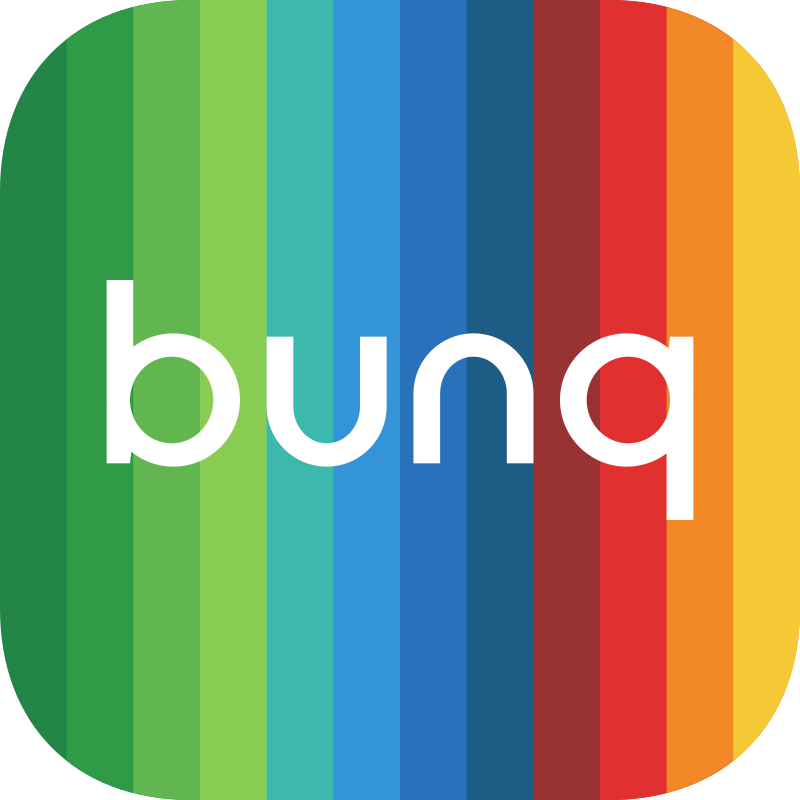
Between the ability to earn cashback on expenses, use a personal AI banking assistant, and access some of the best interest rates in the Netherlands, bunq is futuristic and feature-packed.
As a neobank, this Dutch bank has no physical branch, but we can attest that their app has everything you need.
Revolut: Best for international banking and money transfers
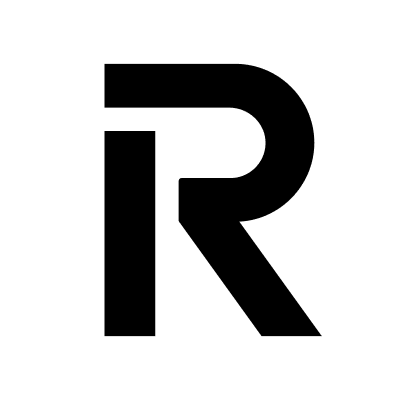
When it comes to multi-currency accounts and international transfers, Revolut is a true banking heavyweight.
Saving in multiple currencies is a breeze, even on a free plan. Plus, you can seamlessly and speedily transfer up to €1000 internationally — with no hidden fees!
N26: Best bank that doesn’t require a BSN
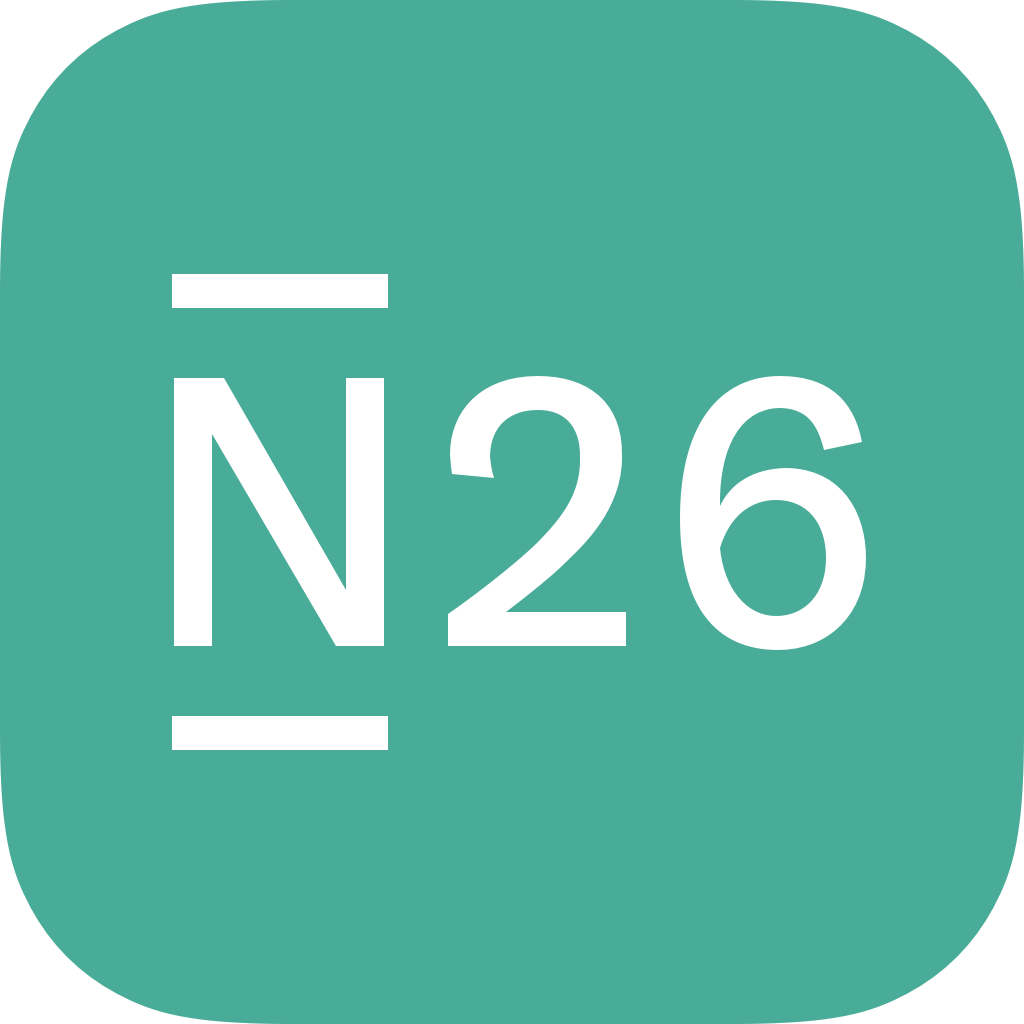
In addition to handy money-management features, an excellent free plan, and investment opportunities, N26 is one of the few banks that doesn’t require a BSN.
However, let op: N26 will provide you with a German IBAN, not a Dutch one.
ABN AMRO: Best for sheer banking flexibility
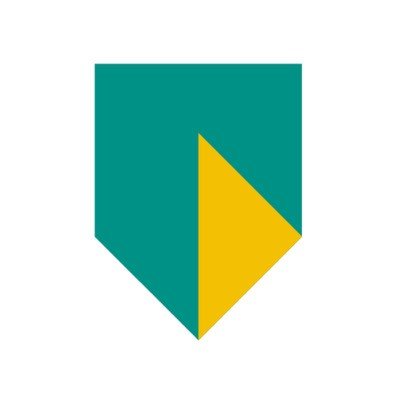
With free plans for students and a 90-day grace period to provide a BSN, ABN AMRO is a solid choice for internationals in the Netherlands.
Even better? ABN Amro’s Basic Payment Package allows you to create a flexible banking package of a current account, cards, and features tailored to your needs.
🏅 Other banks in the Netherlands
You might be wondering why we chose to highlight these banks in particular — after all, there are plenty of other banks in the Netherlands.
Our main reason for not doing a full section on these is their lack of English-language options. For something as important as banking, it can be crucial to have information available in a language you understand.
But if you’ve been here a while or you aren’t afraid of doing some Google Translate work, then any of these other banks are worth investigating.
Biggest banks in the Netherlands
- Rabobank
- De Volksbank
Smaller banks in the Netherlands
- Amanah Group Holdings
- Anadolubank Nederland N.V.
- Bank Mendes Gans (cash management)
- Bank Nederlandse Gemeenten (financing for (semi-)publicly owned organisations)
- BinckBank (electronic trading platform)
- Credit Europe Bank
- Demir Halk Bank (commercial bank)
- Friesland Bank (retail bank)
- GarantiBank International NV
- GE Artesia Bank
- Kempen & Co (merchant bank)
- Knab
- Nederlandse Waterschapsbank (financing for (semi-)publicly owned organisations)
- Netherlands Development Finance Company (development bank)
- NIBC Bank (commercial bank)
- Regiobank
- Triodos Bank
- Van Lanschot Kempen (private bank)
- Yapi Kredi Bank Nederland N.V.
💰 Best banks to earn interest on savings in the Netherlands
Savings rates have increased recently in the Netherlands, making it possible to really earn money on your savings.
However, most traditional brick-and-mortar banks are offering far lower interest rates than other neo-banks on online banks.
Find out more about savings accounts in the Netherlands, or check out our top recommendation below.
Trade Republic — earn better interest on your hard-earned savings
Not only is it free to set up an account with Trade Republic, but they also offer some of the highest savings deposit rates in the entire EU — so you can actually get rewarded for your saving abilities. (Pssst! They also have no minimum fixed term.) 💪 💶
🌱 How to grow your money in the Netherlands
If you have some savings that you want to earn money on or just want to save more than you spend, there are a few ways to do it:
- Invest in an EU bank in another country (with all the standard EU banking protections) that has a higher interest rate through a service like Raisin.
- Start investing easily with different investment apps in the Netherlands (we like DEGIRO and Scalable)
- Get cashback on every euro you spend and track where your money goes through an app like Woolsocks.
Disclaimer: Investing involves risk of loss.
🤔 What to consider when choosing a bank account in Holland
There are lots of things you should keep in mind when you’re opening up a bank account in the Netherlands.
Some of them are purely down to personal preference, but others are things every expat opening a bank account in the Netherlands should be aware of.
How ethical is the Dutch bank?
Something you might be wondering about is whether a bank makes ethical investments.
Obviously, ethical is a pretty subjective term, but there are some banks that do markedly better on this than others.
bunq, for example, is ethical in both its investments and its practices as a company.
Triodos is also pretty good in this regard: they publish the details of all the companies they invest in on their website, so you can check if their actions align with your ethics.
Do I need a credit card in the Netherlands?
Almost all Dutch banks will offer you a credit card so long as you meet several conditions.
READ MORE | The best credit cards for expats in the Netherlands
Most Dutch banks work with Mastercard over Visa, and you’ll also notice that many stores in the Netherlands prefer to take Mastercard over Visa.
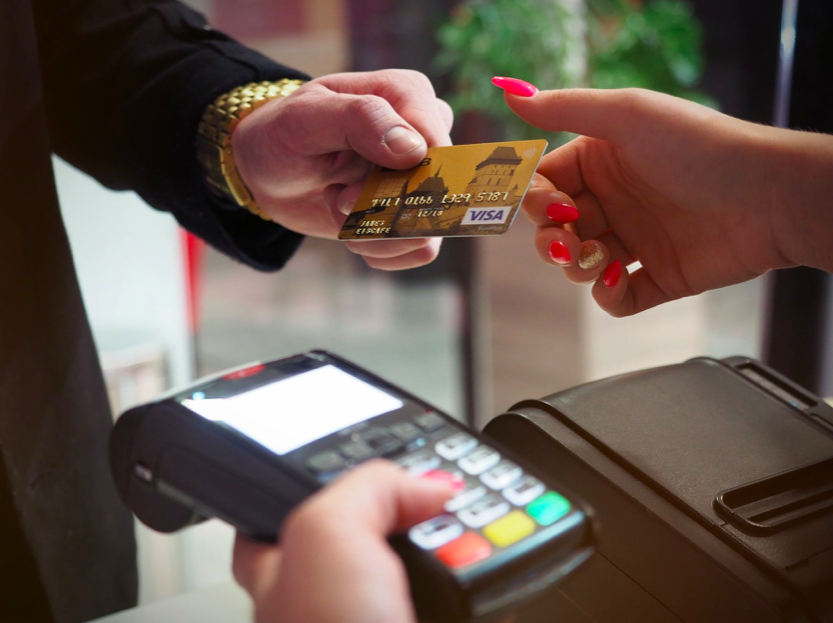
This all comes down to Dutch cheapness, really: Visa charges stores a higher fee than Mastercard.
Do I need to transfer money abroad from the Netherlands?
As an expat in the Netherlands, you’re likely to want to transfer money abroad at some point and also need to be able to receive it.
READ MORE | Money transfers in the Netherlands: the easy (and cheap!) guide
Some traditional banks will charge you quite a bit in fees when doing this. Many people choose to transfer money directly via money transfer providers like Xe or Wise, who offer very competitive rates.
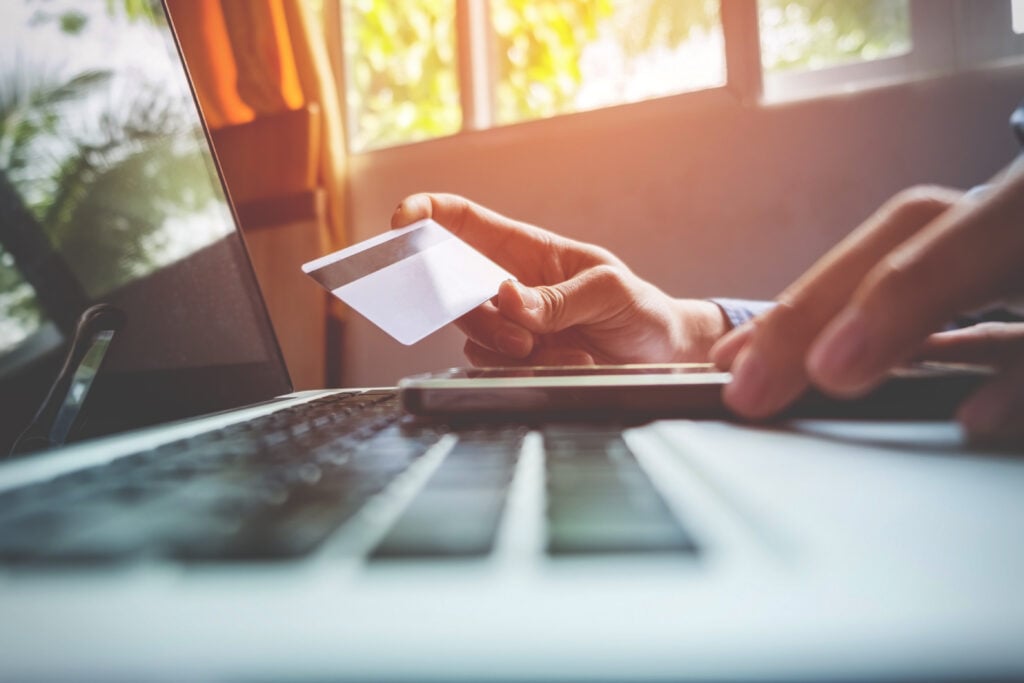
Some Dutch banks have already paired up with one of these transfer providers and so will offer you low rates that way as well.
bunq, for example, works with Wise, and that means that you can save up to 3% on each transaction compared with a traditional bank.
How good is the mobile app?
If you like to know what’s going on in your financial life on a moment-to-moment basis, then choosing a bank with a good app is crucial.
Online banks like Revolut, bunq and N26 naturally do well in this category.
ING’s app is simple and easy to use, and does everything you’d need it to, but it doesn’t provide much in the way of analysis.
🧳 Why you need a Dutch bank account in the Netherlands
Your plan might be to use your overseas bank account while living in the Netherlands, but you will quickly change your mind.
The Netherlands is pretty high-tech but still requires Dutch bank accounts for many things. For example:
- While credit card payments are becoming more popular, some Dutch stores (including major supermarkets) still only accept debit cards. Even Visa Debit and Debit Mastercard are not accepted!
- Your Dutch employer typically wants a Dutch IBAN to pay your salary. Technically, you should be able to pay into any EU IBAN, but some employers make this very complicated.
- You’ll need a Dutch IBAN number for automatic direct debits, like for your gym, monthly public transport bills, and health insurance.
What has your experience of banking in the Netherlands been? Share it in the comments below!
❓ Frequently asked questions about banking in the Netherlands
How do I open a bank account in the Netherlands?
This can vary from bank to bank a little bit — particularly when you compare online banks to the brick-and-mortar variety. But there are some documents that you’re always going to need:
- A passport or some other form of government-issued ID
- Your BSN (if you don’t have it yet, some banks, like bunq, will allow you to open an account anyway so long as you supply the BSN within a certain period of time);
- Proof of address (such as a rental contract)
- A residency permit (if applicable)
If you’re setting up an account at a “traditional” bank, you can just wander in and set up your account then and there. A few days later, you’ll get your bank card in the mail. It’s a very similar process with an online bank, except you send scans of these documents through the app, wait for them to be approved, and then you’re ready to go.
What do I need a bank account for in the Netherlands?
It’s pretty impossible to do anything in the Netherlands without a bank account. You’ll need it for paying rent, bills, getting a phone contract, a public transport account — all the usual stuff.
Furthermore, the Netherlands is fast becoming a pretty cashless society. Grocery stores like Albert Heijn generally refuse credit cards, as well, so getting a bank account in the Netherlands is definitely a must-do if you’re moving here.
How can I set up a business bank account in Holland?
If you’ve moved to the Netherlands and decided to start your own business, you’ll need a business bank account.
If you’re a freelancer, strictly speaking, you don’t need a separate bank account, though it can definitely be helpful to keep your work and personal expenditure separate. As a business owner, you’ll need a business bank account.
Banks will have lots of different options for you in this regard, so you can choose what suits you in consultation with them.
The documentation you’ll need is a bit more extensive than if you’re just setting up a personal account: you’ll need your KVK number (Chamber of Commerce Number) and potentially also a record of your business’s turnover.
Does the Netherlands use internet banking?
Internet banking is very common in the Netherlands, with most people organising their finances online these days. Online banks, of course, are well set up for this, but brick-and-mortar banks are also ready to serve all your internet banking needs.
Most will have apps, and they all have websites where you can see your spending, transfer money, or open new accounts.
What is an IBAN, and where can I find it?
Your IBAN (or International Bank Account Number) is a unique collection of letters and numbers that identifies your bank account worldwide. It’s important whether you’re sending money within the Netherlands, or abroad.
It’s usually the same as your bank account number, which you’ll find on your debit card and in your mobile banking app.
What types of bank accounts are there in the Netherlands?
A “current account” is the bank account you’ll start with in the Netherlands, although if you’re a student it might be simply called a student account. If you desire, banks do offer credit cards in the Netherlands, although credit cards aren’t very widely used.
Most banks will also offer you savings accounts free of charge.
If you come to the Netherlands with a partner, you might want to open a joint account, which all banks will offer. And some banks will also allow you to set up an account with/for your child. A business account is a similar process, but separate.
How do I pay for things with my phone in the Netherlands?
Almost all banks in the Netherlands are set up for Google and Apple Pay, which means you should easily be able to pay for your coffee or new sweater without having your wallet with you.
Most stores in the Netherlands prefer cards over cash, so you shouldn’t have any trouble if you decide to travel light.
Are there any free banks in the Netherlands?
Most banks in the Netherlands will charge you a small fee to have an account with them. Digital banks like bunq will usually give you an account for free, but charge you for your debit card, and for additional features.
If you’re a student, you should be able to get a free bank account with most major banks: ING and ABN AMRO both offer one. You’ll probably still need to pay a fee if you want a credit card, though, or other additional features.
Disclaimer: Investing involves risks and you can lose your investment. DutchReview is not a financial consultancy. The content shared on the website and on DutchReview’s social accounts does not contain any financially binding advice

Please change the review. Abn Amro is worst bank for expats. Eventhough they advertised that they do not need Bsn no, but they asked for that. Whereas my friends did get the account activated if they go to expat center. Two different approaches.
Thus neo banks bunq and Revolut are doing better. Ing is also responding helpfully. But Abn is totally useless to work with
How can I cash an American stimulus check in the Netherlands?
ABNO Amro does not ask for ABN, I have recent (January 2023) experience
*BSN
Bunq is ethical?? They treat their staff terribly, have no customer service and the founder has some very dubious views. I don’t know how much they paid to be on here but aside from the ease of setting up an account (it actually wasn’t that easy) we’ve had nothing but problems with them and are looking to move. Steer clear!